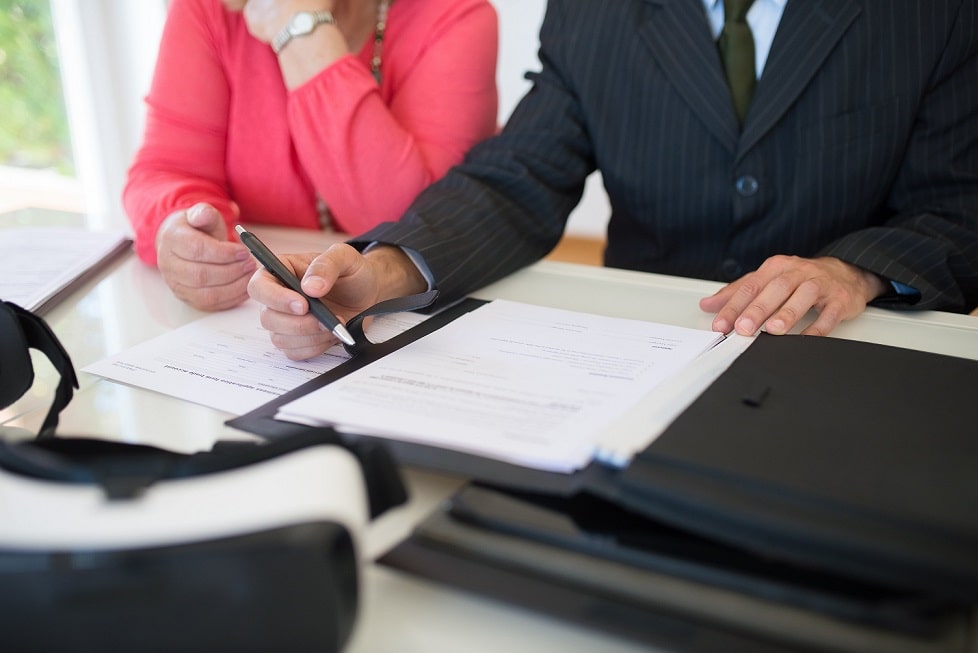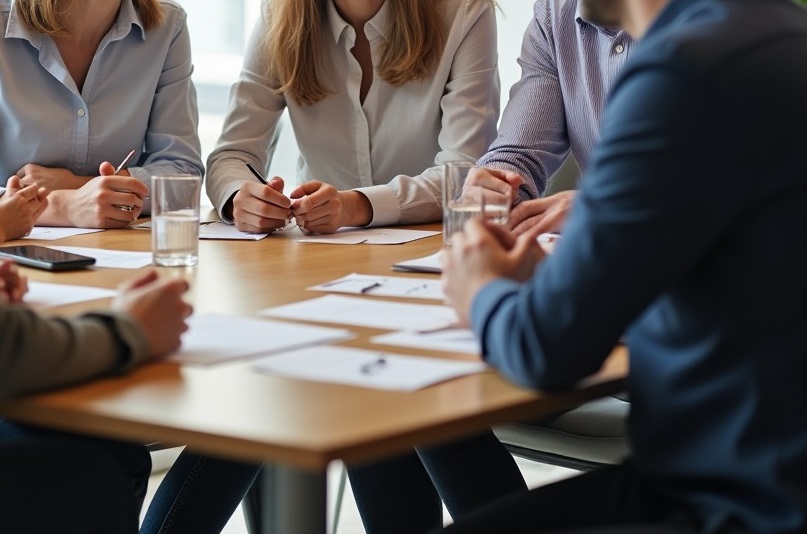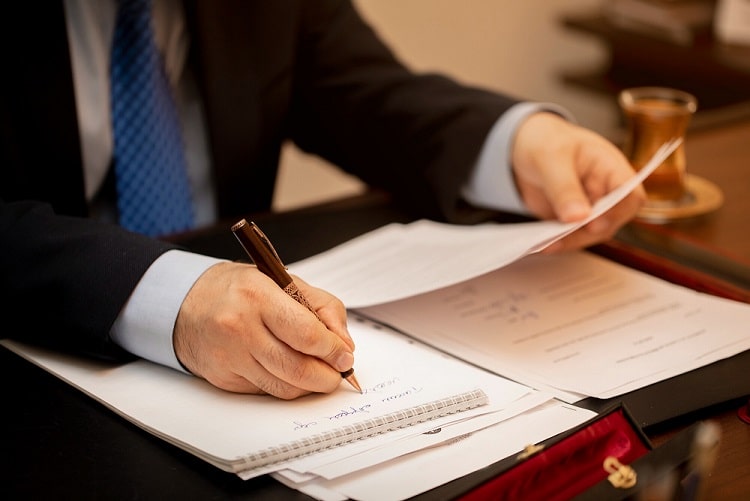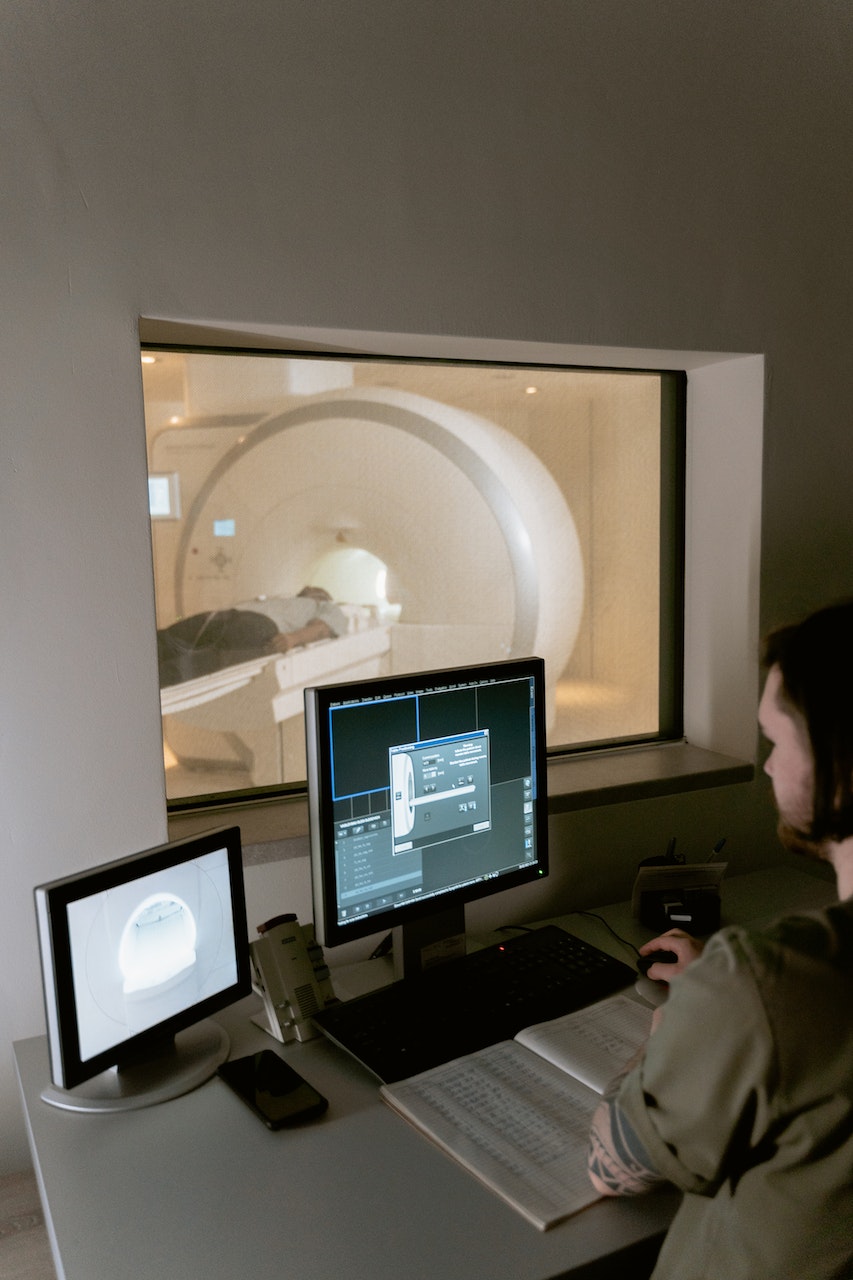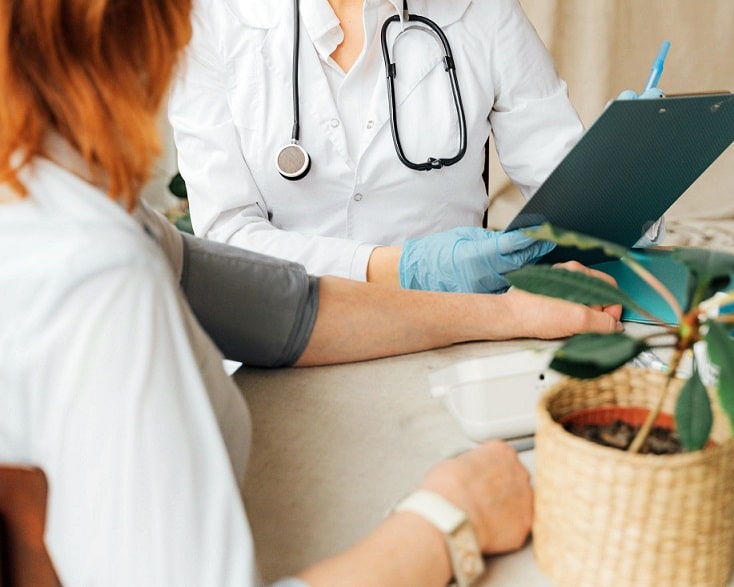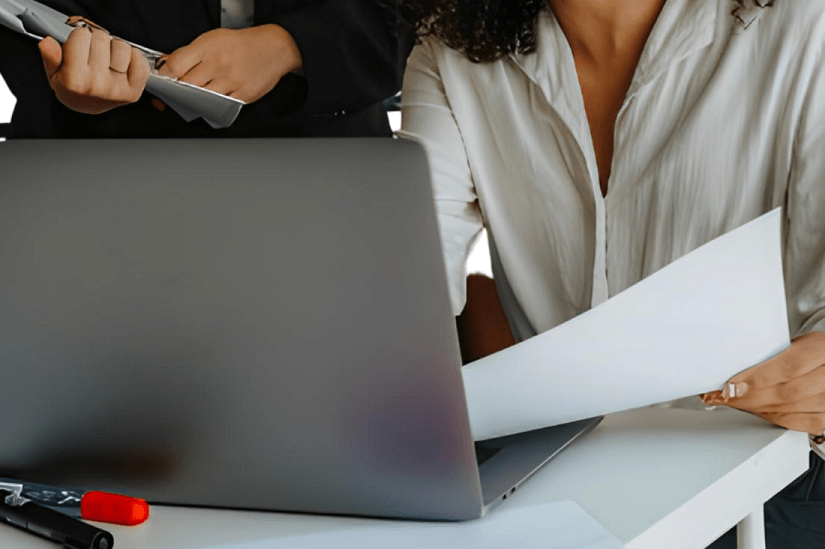 A form of group “talking therapy” is a cheap, effective way to alleviate low back pain, a UK trial has shown. According to the BBC, the positive effect was still seen a year after the short six-session therapy programme, the Lancet reported.
A form of group “talking therapy” is a cheap, effective way to alleviate low back pain, a UK trial has shown. According to the BBC, the positive effect was still seen a year after the short six-session therapy programme, the Lancet reported.
The 600 patients taking part in the trial were also offered standard GP treatment including pain medication.
The sessions were designed to tackle unhelpful beliefs about back pain and physical activity and help patients better manage their condition.
Usually people with low back pain – one of the most common complaints GPs deal with – are advised to keep active, offered pain relief where needed and possibly other treatments such as acupuncture.
In the study, 400 people being treated in general practice were offered the six group therapy sessions and 200 people receiving standard care were monitored for a year.
The sessions – based loosely around a technique known as cognitive behavioural therapy – were set up to discuss beliefs around doing physical activity and counter negative thoughts about back pain and its restrictions as well as relaxation techniques.
The sessions were also designed to help people overcome “fear” of hurting themselves more and how to get active again while avoiding flare-ups.
A year later, the people who underwent therapy scored significantly more highly on questionnaires designed to measure pain and disability.
The researchers who conducted the study, from Oxford and Warwickshire universities, said that effective treatments that produced long-term results are “elusive” in low back pain.
Whiplash and back injuries are among the most common injuries suffered following road traffic accidents and back injuries in particular can often be long lasting. Sometimes medical expects are unable to find any physical medical reason for ongoing back pain following an accident but patients continue to feel the symptoms so other therapies need considering. Any progress that is made through this trial could potentially help rid those involved in accidents of long standing back pain so hopefully the trial will continue to be a success.

 A form of group “talking therapy” is a cheap, effective way to alleviate low back pain, a UK trial has shown. According to the BBC, the positive effect was still seen a year after the short six-session therapy programme, the Lancet reported.
A form of group “talking therapy” is a cheap, effective way to alleviate low back pain, a UK trial has shown. According to the BBC, the positive effect was still seen a year after the short six-session therapy programme, the Lancet reported.



